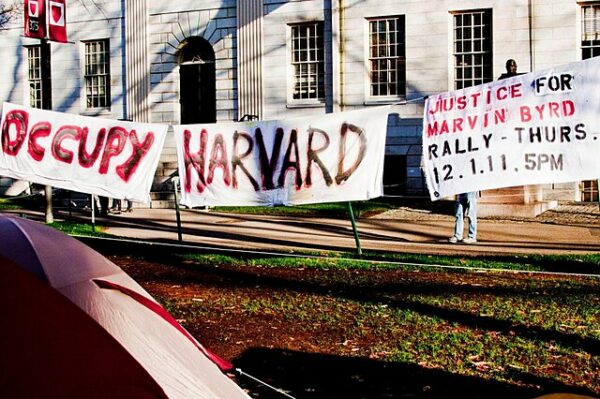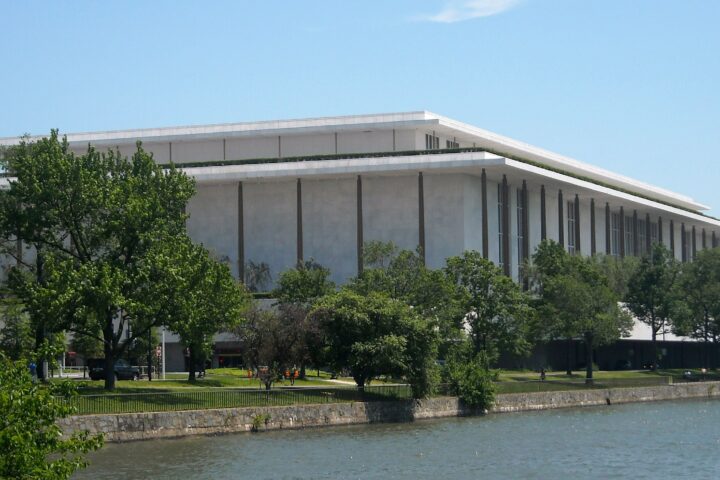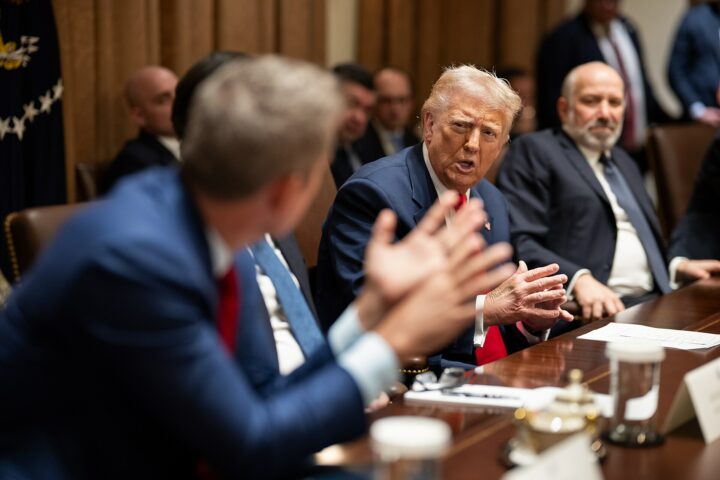Being the favorite of liberals no longer allows you to break civil rights law against the left’s “disfavored” groups. The Trump administration has determined that Harvard University violated federal civil rights law by failing to adequately address antisemitic harassment on its campus, intensifying the administration’s ongoing campaign against elite academic institutions. The finding, delivered in a formal letter to Harvard President Alan M. Garber, follows a months-long federal investigation into the university’s handling of complaints from Jewish and Israeli students during the height of campus protests over the Gaza conflict.
The university has previously threatened to kill research animals if the White House found them in violation of civil rights law and punished Harvard by excluding it from research grants.
Federal officials concluded that Harvard allowed a hostile environment to persist throughout the 2023–24 academic year, neglecting repeated reports from students who described feeling targeted and unsafe. The investigation’s outcome echoes internal concerns raised earlier this spring in a report by a Harvard task force, which described the campus climate for Jewish students as isolating and exclusionary, writes The New York Times.
The civil rights ruling adds to a growing list of confrontations between the Trump administration and Harvard. In recent years, the university has faced federal scrutiny over alleged discrimination in admissions practices, particularly against white male applicants, as well as resistance to administrative demands over faculty hiring and curriculum oversight. Billions in federal research grants have already been rescinded, putting pressure on the university’s financial model and global influence.
Harvard has not issued a formal response to the latest ruling but is said to be in active settlement discussions with federal authorities. The timing of the letter is seen by observers as a strategic move to bolster the government’s negotiating leverage and potentially set the stage for a binding consent agreement. The administration, meanwhile, has framed the development as part of a broader effort to challenge the ideological posture of elite universities and reassert federal authority over civil rights enforcement in higher education.
The action against Harvard comes just weeks after a similar ruling against Columbia University, which also faced a loss of federal funding over its handling of antisemitic incidents and pro-Hamas violence on campus. In both cases, the administration has positioned its enforcement actions as a corrective to what it views as entrenched cultural and political bias within American academia. Federal officials have also taken steps against other institutions, most recently pressuring the University of Virginia’s president to step down over the school’s diversity initiatives.
Though Harvard’s leadership has acknowledged lapses in responding to anti-Israel demonstrations, administrators have pushed back against what they characterize as an encroachment on institutional autonomy. They argue that the administration’s broader demands—including greater federal input into university governance—threaten the foundation of academic freedom.
With negotiations ongoing, the final outcome of the case could have sweeping implications for federal oversight of universities and the future direction of campus speech, student protections, and institutional independence. As pressure mounts, Harvard finds itself at the center of a high-stakes political struggle over the identity and values of American higher education.
[Read More: Trump Says It’s The Ultimate Betrayal]








